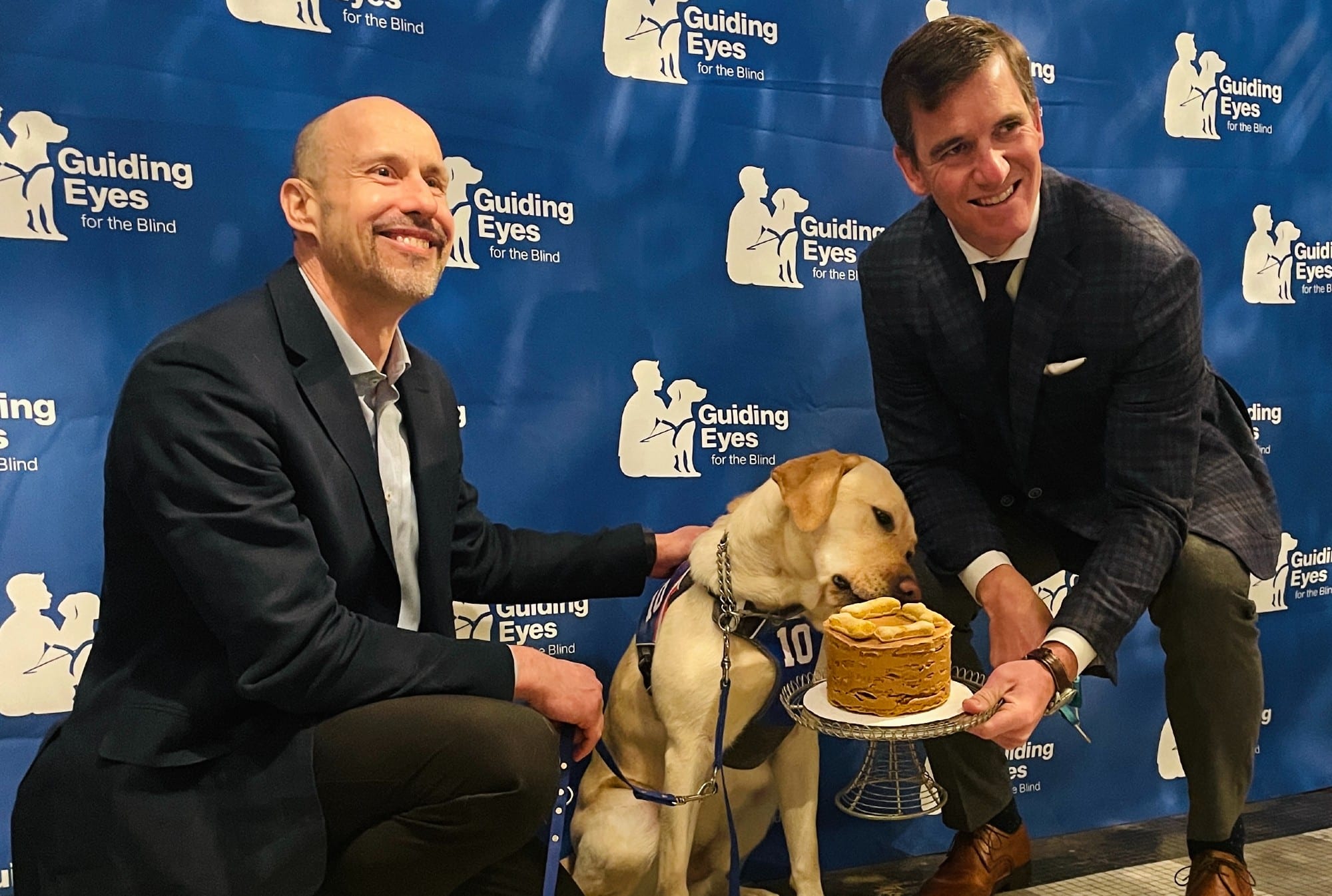Two huge animal organizations have called on the USDA to improve the conditions for dogs at puppy mill facilities.
The Humane Society of the United States and the ASPCA, along with the The Humane Society Veterinary Medical Association have filed a petition with the USDA pleading with the agency to improve conditions for dogs that are confined to commercial breeding facilities. The agency regulates these facilities under the Animal Welfare Act but the organizations, along with many people, believe there needs to be improvements.
Related: A Puppy Mill Survivor Named Harley Is Awarded “American Hero Dog”
“Dogs are not products that can be simply warehoused without appropriate regard for their welfare. The public overwhelmingly agrees that the current USDA standards for dogs kept in commercial breeding facilities do not amount to humane treatment for dogs,” says Matt Bershadker, president and CEO of the ASPCA. “The USDA needs to recognize this, and step up to ensure these vulnerable animals have proper care to maintain their health and well-being.”
The agencies are asking for the following modifications:
- Limit the use of wire flooring in the dogs’ cages. Most breeders will stack these wired cages on top of each other, so it is easier to clean but this situation provides a horrible living condition for dogs. Not only do their feet and body are constantly on wire but poop and pee from the above cages fall onto dogs.
- Require breeders to provide an area where dogs can exercise. Currently, breeders aren’t required to let dogs out of their cages, meaning they can spend their entire life crammed in these wired cages.
- Ensure dogs get examined once a year by a veterinarian and determine if a dog is healthy enough to get pregnant and nurse.
- Limit the amount of times a dog can breed. Currently, there are no regulations on how frequently a dog can breed, with many breeders breeding dogs every heat cycle.
- Require access to clean water at all times
- Increase the minimum cage space requirement.
Require the commercial breeders to work with rescue groups to adopt out “unsellable” puppies and dogs that can no longer breed, instead of euthanizing or abandoning them.
“It’s common sense that dogs should have water, space, exercise, and other basic care, and responsible dog breeders and pet industry groups should welcome these improved standards to deal with the outliers who cut corners and treat puppies like products,” says Wayne Pacelle, president and CEO of The HSUS. “The current standards are insufficient and outdated, and need to be fortified to crack down on abusive puppy mills.”
Related: ASPCA’s Latest Raid Shines a Light On the Life of a Puppy Mill Dog


















